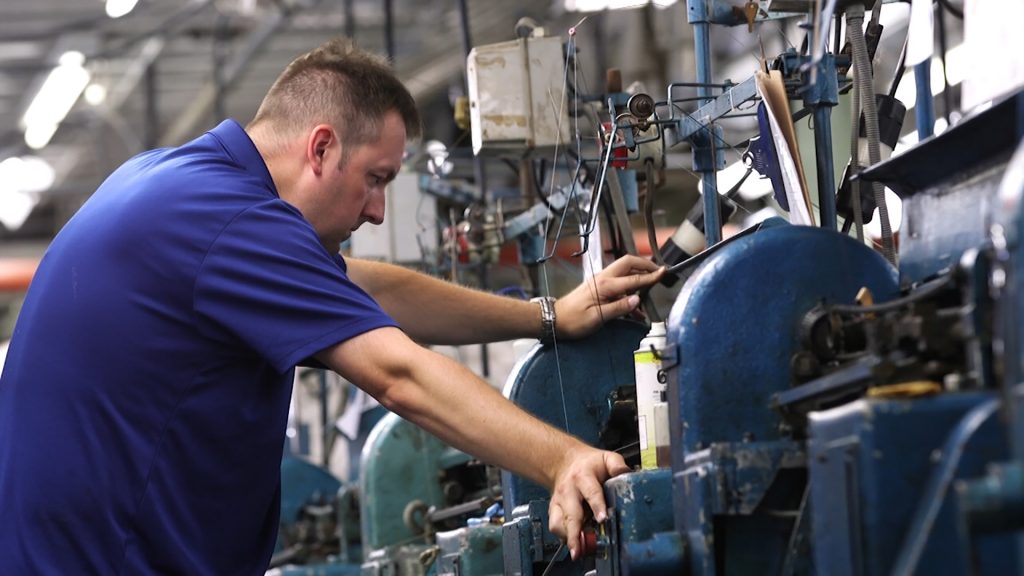The states that put Donald Trump over the top to win the presidential election were all hit incredibly hard by global competition in manufacturing. From 2000 to 2010, following China’s admission to the World Trade Organization, Ohio lost 368,000 manufacturing jobs, North Carolina lost 360,000 manufacturing jobs, Michigan lost 340,000, and Pennsylvania lost 314,000. While unemployment rates in each have since fallen to near the national average, many of the new jobs pay those once mostly unionized workers far less than what they were earning before.
The U.S. government has long recognized that while freer trade would bring broad benefits to Americans through lower prices on everything from clothing to TV sets, there would be real costs. And they would be concentrated in certain parts of the country, and among certain workers, especially in manufacturing. The government promised to help, but rarely did so.
The program of trade “adjustment assistance” for workers who lost their jobs to import competition began with President John F. Kennedy. His signature trade legislation, the Trade Expansion Act of 1962, was a more ambitious version of authority that had been available to presidents since the mid-1930s, when Congress had renounced the protectionism of the infamous 1930 Smoot-Hawley Tariff Act and authorized President Franklin D. Roosevelt to negotiate with other nations on mutual tariff reductions. But the 1962 act contained one radical innovation. It proposed for the first time a trade adjustment assistance program aimed at helping both companies and workers harmed by import competition. Prior to the 1962 act, the federal government had only a single tool for aiding such workers or industries: temporary trade protection in the form of higher tariffs or quotas. Kennedy wanted another option, a means to continue trade liberalization while protecting American workers and companies from some of the negative consequences.





